Fantasy is never created in a vacuum, and much of its foundation and inspiration comes from the past – be it mythology or historical cultures or events. This is all the truer if you’re writing historical fantasy, a story with fantastical elements rooted in a specific time and place in our own world. But how much historical research can you do before it becomes a straitjacket on your imagination instead of a source of ideas? And how much can you invent before the historical element of your worldbuilding feels lost or inauthentic?
There are no easy answers to these questions, but getting a feel for how other writers have done it can be a big help in developing your own process. That’s why we asked 8 historical fantasy novelists for their top tip for writing historical fantasy. Their advice covers a variety of approaches to balancing the historical and the fantastical, as well as overlooked aspects, such as language and everyday life, that are nonetheless crucial for success in this subgenre. Hear from the experts in their own words below.

Theodore Brun
Have the courage of your storytelling convictions. The wonderful thing about historical fantasy is the comparative freedom it gives you to create. Myth, legend, fantasy, horror, the supernatural, alternative history – all that plus the real world of actual history is your playground. To write historical fantasy is to see the ordinary world in an extraordinary way. Allow your imagination a loose rein and enjoy where it takes you. But remember, while you get to make up a lot of the rules, you then have to stick to them.
In 2010, with the germ of an idea for a novel in his head, Theodore Brun quit his legal job in Hong Kong, jumped on a bicycle and pedalled 10,685 miles across Asia and Europe to his home in Norfolk. There, he sat down in a spider-infested cottage to write the first volume in his epic historical fiction series, The Wanderer Chronicles. Visit his website here.
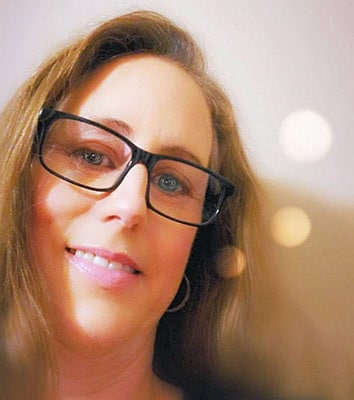
Stephanie Churchill
The key to writing historical fantasy is to think more like a historical fiction writer than a traditional fantasy writer. Before I write, I research the history I’m trying to echo then draft as if the book was historical fiction, focusing on the history initially. Once the historical structure of the first draft is in place, I back out of the history, replacing it with fantasy components so the history remains as a skeletal support underneath it all. Readers sense the historical elements without being able to point out specifics.
After serving time as a corporate paralegal then staying home to raise her children, Stephanie Churchill stumbled upon writing, a career path she never saw coming. Her books are filled with action and romance, loyalty and betrayal. Her unique blend of historical-feeling fiction combined with elements of romance and thrillers ensures that her books are sure to please readers of historical fiction and epic fantasy literature alike. Visit her website here
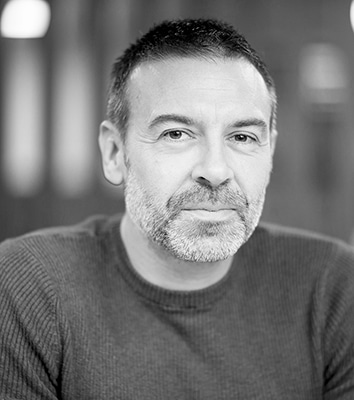
C.C. Edmonston
If you’re setting your fantasy novel in a real historical time and place, my tip would be to research properly but not bombard the reader with too many facts, as it can quickly turn a cool story quite dry. Better, I feel, to sprinkle a dusting of accurate detail throughout the book, giving it the authenticity it needs but keeping the focus on the characters and plot because it’s those elements that will keep readers engaged. Write your initial draft without too much concern for historical accuracies, knowing that you can return to those you’ve flagged up once you have the bones of your book structured.
Having spent a decade employed as a licensed bodyguard to A-list celebrities, as well as several years working as a bouncer in the often ‘lively’ nightclubs of deepest, dodgiest Essex, C.C. Edmonston now prefers to make up stories that tend to dwell nearer the darker side of life, death and everything in between. It’s usually safer that way. Visit his website here.
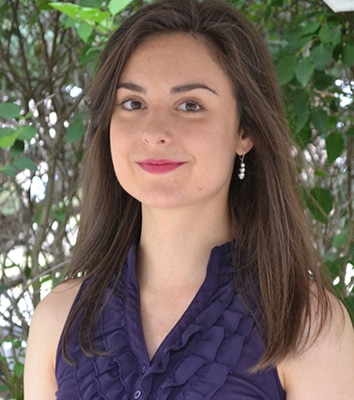
Christie Stratos
Think way outside of the box for the fantasy part and use the historical aspect as your ‘grounding agent’ that keeps one foot in reality. Fantasy is your opportunity to use your unique creativity to build a world, magic system, and other things that really wow the reader and draw them into something uniquely yours. With the historical piece, you provide the reader with parts of the real world and the chosen time period that they already appreciate and love. Together, these two things establish ‘something old and something new’ that is yours and yours alone.
Christie Stratos is an award-winning writer who holds a degree in English Literature. Among other works, she is the author of the historical fantasy Kindle Vella series Grimoire of Society of Dark Acts. Also a poet and short story writer, Christie has been published in anthologies, literary journals, and magazines. Visit her website here.
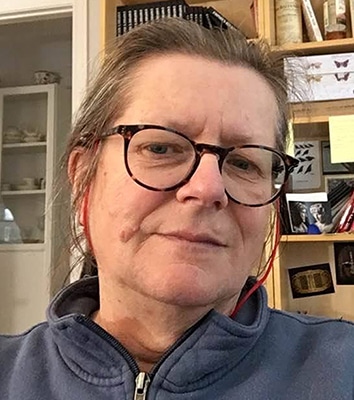
Marian L. Thorpe
Readers consistently comment on the worldbuilding in my books. A convincing world is the backbone to a successful historical fantasy. Do your research into every aspect of the societies your book parallels, so when you deviate from them, the reader is suspending disbelief for a few important things. Drop worldbuilding into the narrative through the eyes of your protagonist or naturally through conversation. Let the reader learn with the characters. Invoke all the senses: the colour of wine, the smell of the sea, birdsong, the roughness of stone, the taste of olives – and your readers will be in the story.
After two careers as a research scientist and an educator, Marian L. Thorpe decided it was time to do what she’d always really wanted, and be a writer. As well as her novels, she’s published short stories and poetry. Her life-long interest in Roman and post-Roman European history provided the inspiration for her books, while her other interests in landscape archaeology and birding provide background. Visit her website here.

A.J. West
Learn the language of the period you’re setting your story in. Very often, historical fiction is undermined by characters who use everyday words, slang, curses or expressions that don’t belong at that time. It can also be problematic when a writer from, say, the US writes fiction set in foggy Victorian London, but there’s something subtly off-key in the dialogue. The way your characters communicate will likely be a vital part of your story. Read books, letters, diaries and anything else you can find, and teach yourself to speak like a medieval knight, a Victorian spiritual medium or a Renaissance flaneur!
A.J. West was a particularly shy boy at school, hiding away from other children with only his books for friends. He grew up to study English Literature before embarking on an award-winning career as a television and radio journalist. He stumbled upon the troubling case of William Jackson Crawford, the inspiration for The Spirit Engineer, while working for the BBC. Visit his Instagram here.
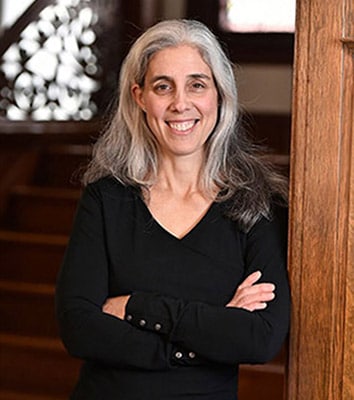
Melodie Winawer
Writing historical fantasy balances getting facts right and making things up. When you set a story in a particular time and place, the details that make the story feel real come from research. Research covers big events—battles, rulers, revolutions, and natural disasters, but it’s just as important to include day-to-day details. What did people wear on their feet? What did they eat for breakfast? Was it called breakfast? In history though, there are always gaps in what is known – lost cities, undeciphered languages, disappearances of objects or people. That’s where the fantasy comes in – the spaces between the facts.
Melodie Winawer is the author of The Scribe of Siena and Anticipation. A physician-scientist and associate professor of neurology at Columbia University, Melodie has published over fifty articles and contributed to several anthologies. To find the energy to write, she relies on unflagging enthusiasm and green tea. Visit her website here.
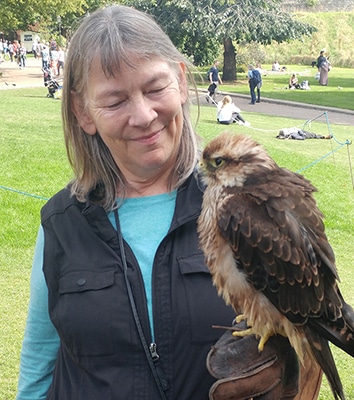
Johanna Wittenberg
For me, the most important thing in writing historical fantasy is to be well-grounded in the time period. I am motivated by a passionate desire to time travel, to really know what it might have been like to live in the world I write about. I never go more than a step or two beyond what is known about the era. For instance, the magic in my stories is always documented in the primary sources. When I get stuck I go back to my sources and always find a solution.
Like her Viking forebears, Johanna Wittenberg has sailed to the far reaches of the world. She lives on a fjord in the Pacific Northwest with her husband, whom she met on a ship bound for Antarctica. Visit her website and learn more about her Norsewomen series here.
Do you write fantasy or science fiction?
Join our email list for regular writing tips, resources, and promotions.

